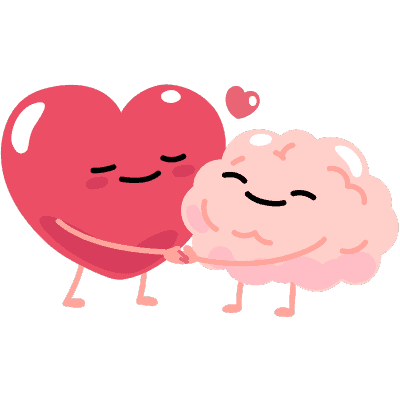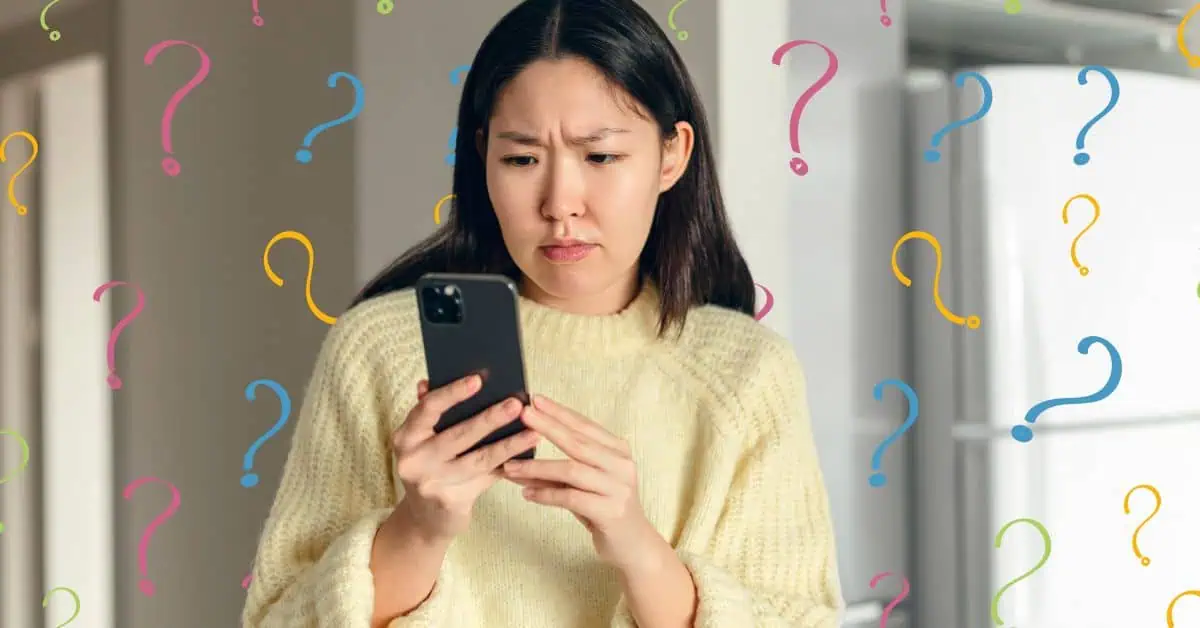This is going to sound like a conspiracy theory at worst and counterproductive at best, but have you ever thought that maybe the very tool you’re using to find love might not actually have your best interests at heart? We aren’t saying it’s a fact written in stone, but there are some worrying signs that there could be some truth to our theory.
Think of it like this: it’s kinda like walking into a casino and asking them to help you save money. Yes, dating apps promise to connect you with potential partners, and they do deliver a lot of the time! But there’s a little more going on beneath the surface—that’s why we are going to take a hard look at whether it’s fact or fiction that your dating app might be playing its own game!

The Algorithm’s Agenda
To start with, at the center of almost every dating app is its own algorithm, which, for all intents and purposes, is the gatekeeper—a code that decides who you meet and who you don’t. While it’s designed to show you potential matches, for the most part, it prioritizes profiles based on engagement metrics rather than compatibility. In the simplest terms, it means the most visible dating profiles are those that are meant to keep users swiping longer, not necessarily the ones that are best suited to you.
A study published in the Journal of Marketing Research suggests that dating apps may deliberately withhold matches to increase usage and subscription fees. If finding your perfect match was straightforward, you might not stay on the app for long, would you?
“Online dating has grown rapidly – especially during the COVID-19 pandemic,” said Soo-Haeng Cho, IBM Professor of Operations Management and Strategy at Carnegie Mellon’s Tepper School of Business, who co-authored the study. “Even though dating platforms allow users to connect with others, questions regarding fairness in their recommendation algorithms remain.
“Users join online dating platforms to find matches, but the companies creating the platforms also need to generate revenue. Companies make money through ads, subscriptions, and in-app purchases. For this reason, platforms may seek to keep users engaged on their platforms rather than maximizing their chances of finding the perfect person.”

The Paradox of Choice
Dating apps offer a pretty much endless supply of potential matches, which sounds amazing until you realize too many options can paralyze your decision-making.
According to psychologist Barry Schwartz, having too many choices can lead to anxiety and dissatisfaction, a phenomenon known as the paradox of choice. With every single swipe, the question of “Is there someone better around the corner?” grows larger, making it hard to commit to connecting with the person right in front of you.
“This phenomenon is known as the paradox of choice and it is becoming a concern in the modern world, where more and more options are becoming easily available to us. The paradox of choice stipulates that while we might believe that being presented with multiple options actually makes it easier to choose one that we are happy with, and thus increases consumer satisfaction, having an abundance of options actually requires more effort to make a decision and can leave us feeling unsatisfied with our choice,” explained Schwartz in his 2004 book The Paradox of Choice: Why More is Less.
“If we only had to choose between 1% and 2% milk, it is easier to know which option we prefer, since we can easily weigh the pros and cons. When the number of choices increases, so does the difficulty of knowing what is best. Instead of increasing our freedom to have what we want, the paradox of choice suggests that having too many choices actually limits our freedom.”

The Illusion of Abundance
And connected to the paradox of choice is the illusion of abundance—dating apps give the impression that there are limitless options, creating an unhealthy disposable view of romantic relationships. This mindset can lead you to overlook good matches in pursuit of the app’s next recommendation. It’s a vicious cycle that benefits the app more than it does your love life, keeping you logged in and swiping in the hope the next profile could be better—or even “the one.”

Misleading Metrics of Success
Many dating apps love to tout testimonials, success stories, and high connection rates as proof of their effectiveness. But in reality, these metrics don’t exactly paint the full picture. Success for a dating app isn’t measured by the quality of relationships it creates but by user engagement and subscription renewals, so it’s worth considering whether the dating app’s definition of success is the same as your own.

The Mental Health Impact
The structure of dating apps and their hyper-focus on appearance and instant superficial judgments can really take a toll on mental health. A study from the American Psychological Association found that users of swipe-based dating apps report lower self-esteem and higher levels of psychological distress than non-users. The constant cycle of swiping, matching, and often, facing rejection can lead to a sense of validation being tied to app notifications.
The research showed that “Being actively involved with Tinder, regardless of the user’s gender, was associated with body dissatisfaction, body shame, body monitoring, internalization of societal expectations of beauty, comparing oneself physically to others, and reliance on media for information on appearance and attractiveness,” said Jessica Strübel, PhD, of the University of North Texas, who presented the research that she co-authored with Trent Petrie, PhD, also of the University of North Texas.
“As a result of how the app works and what it requires of its users, people who are on Tinder after a while may begin to feel depersonalized and disposable in their social interactions, develop heightened awareness (and criticism) of their looks and bodies and believe that there is always something better around the corner, or rather with the next swipe of their screen, even while questioning their own worth,” according to Strübel.
What You Can Do About It
Yet despite these challenges, dating apps are still a great tool for meeting new people—if used judiciously. How can you do that? Easily! Here are a few tips to follow when you are online dating:

- Limit Your Options: Instead of swiping until the cows come home or the sun comes up, set a daily limit for yourself. This can help mitigate the paradox of choice and encourage you to invest more time in evaluating each dating profile.
- Focus on Quality Over Quantity: Pay more attention to profiles that speak to you on a level that is not just based on instant physical attraction. In other words, dig deeper than superficial aspects.
- Take Breaks: If you find yourself feeling overwhelmed or disillusioned with online dating, take a breather! Some distance can reset your expectations and your overall approach.
- Be Mindful of Your Mental Health: Your self-worth is in no way tied to your success on dating apps. If you start to feel like it is, put down the phone and go do something that makes you happy.
- Try Different Apps: We’ve said it before, and we’ll say it again—not all dating apps are created equally. Some are built to encourage more meaningful connections, like eHarmony and Christian Mingle, so do your research and test out apps that are more in line with your dating goals and values rather than just picking one of the most popular platforms.
Takeaways
While we are big proponents of the good aspects of dating apps—they undoubtedly offer an easy and convenient way to meet new people– it’s super important to use them with your eyes wide open to their inner workings so you know what’s up.
Understanding their motivations can help you use them much more effectively–and protect your well-being as you do!
